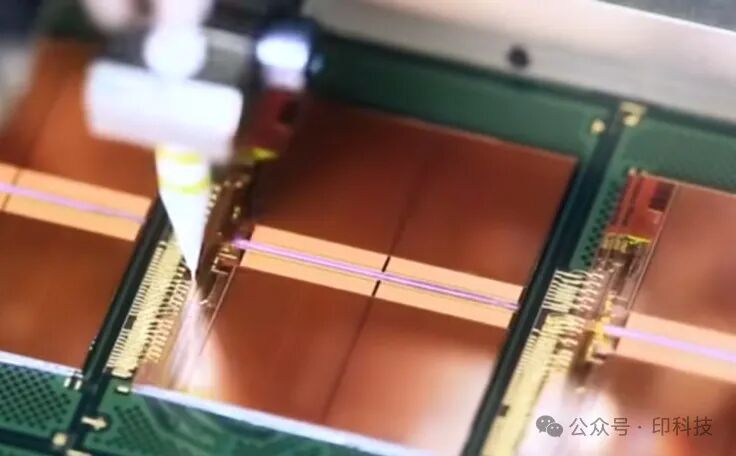
Will this be a case of changing the soup but not the medicine?
According to Reuters citing informed sources, the Trump administration is working to amend a regulation from the Biden era that restricts global access to AI chips, including potentially eliminating the tiered system that determines how many AI chips a country can access.
These sources indicated that the plan is still under discussion and warned that adjustments may occur. However, if enacted, the elimination of tiers could allow the Trump administration to use U.S. chips as a more powerful tool in trade negotiations.
One week before the end of the Biden administration, the U.S. Department of Commerce released the “AI Diffusion Framework”, which aims to categorize access to the most advanced AI chips and control certain model weights to keep cutting-edge computing power among the U.S. and its allies. Starting May 15, companies must comply with its restrictions.
The “AI Diffusion Framework” divides the world into three tiers, with 18 countries and regions in Tier 1 having unrestricted access to AI chips. Approximately 120 other countries fall into Tier 2, with limited access to AI chips. Countries like China, Russia, Iran, and North Korea are in Tier 3, completely banned from accessing such chips.
However, sources say that Trump administration officials are weighing the option of abandoning the tiered approach in favor of a global licensing system based on intergovernmental agreements.
One source stated that this structure is likely to align with the Trump administration’s broader trade strategy of reaching deals with various countries. This would make it easier for the U.S. to leverage access to U.S.-designed chips as a bargaining chip in other negotiations.
U.S. Secretary of Commerce Gina Raimondo stated at a meeting in March that she hopes to incorporate export controls into trade negotiations.
Other possible modifications include:lowering the threshold for licensing exceptions. Under current regulations, if the order size is below the equivalent computing power of approximately 1,700 Nvidia high-performance H100 chips, it does not count against the national quota and only requires government notification without needing an export license. One source indicated that the Trump administration is considering lowering the order size limit to below the equivalent of 500 H100 chips.
Recently, Trump administration officials have expressed their desire to make the rule “stronger but simpler.”
Oracle Executive Vice President Ken Glueck stated that these tiers make no sense, pointing out that both Israel and Yemen are in Tier 2. “They will re-examine this, and I wouldn’t be surprised,” Glueck said, noting that he is unaware of the Trump administration’s plans but expects significant modifications to the rule.
Both Oracle and Nvidia openly criticized the rule when it was released in January.
Industry experts believe that by restricting chip access, countries will turn to China for technology. Some U.S. lawmakers agree with this view. Seven Republican senators wrote to Raimondo in mid-April, requesting the repeal of the rule. The letter stated that these restrictions would incentivize buyers, especially from second-tier countries, to turn to “unregulated alternatives” from China.
However, overall, the Trump administration has continued the Biden administration’s measures to curb China’s AI and semiconductor industries, constantly “plugging loopholes,” including imposing tariffs and initiating security investigations.
In April, the U.S. again tightened AI chip export controls, with the U.S. Department of Commerce announcing new export licensing requirements for high-performance AI chips exported to China, including NVIDIA H20, AMD MI308, and other similar products.
Under the new regulations, manufacturers wishing to export the aforementioned AI chips to China must first obtain an export license from the U.S. government. Following the implementation of these new regulations, the export restrictions on H20 chips will remain in effect indefinitely.
Join the group by scanning the code
